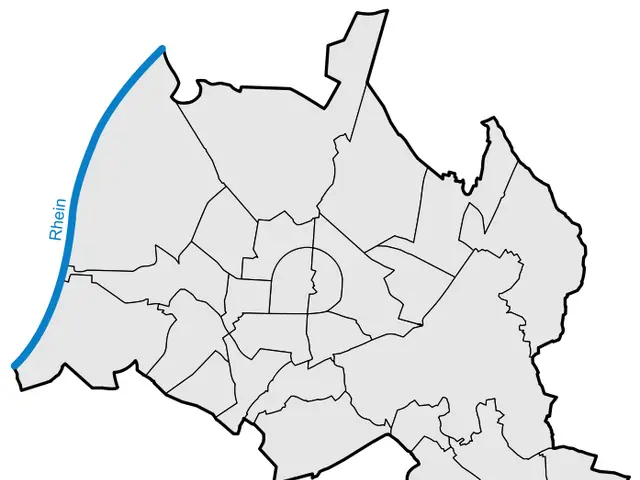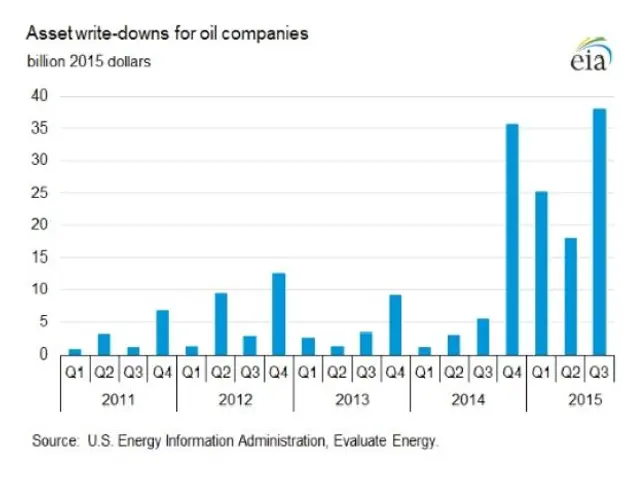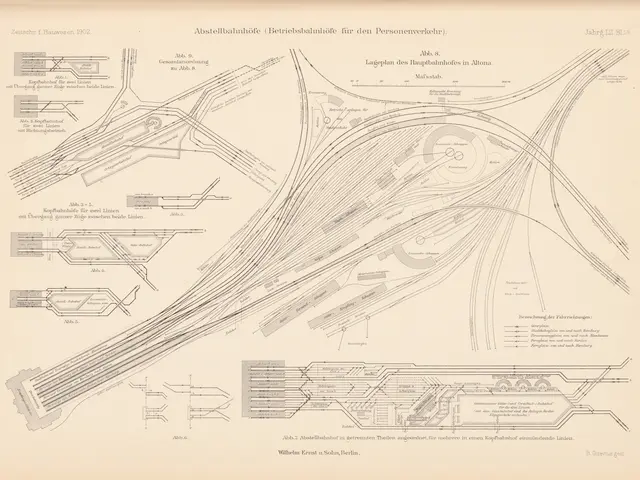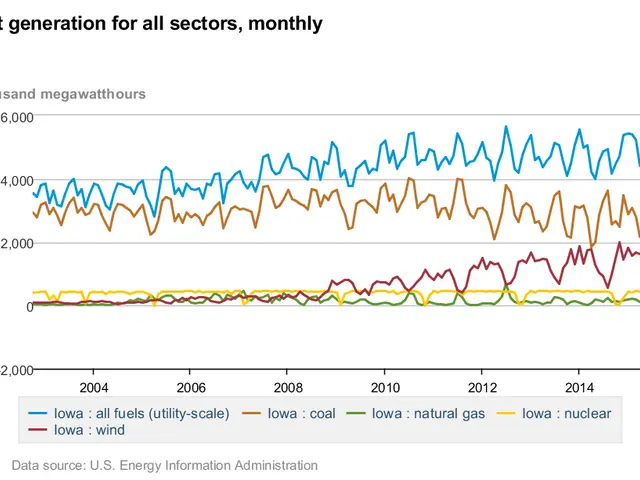Spain's EV Charging Infrastructure Faces Hurdles Despite Recent Growth
Spain's electric vehicle (EV) charging infrastructure faces challenges despite recent improvements. Delays persist, particularly in fast-charging stations, and many installed points in the country are non-operational. The country aims to significantly increase charging points by 2025, but experts question the feasibility of current targets.
As of now, Spain has around 30,000 charging points, but over 8,000 are unavailable due to various issues. This represents a quarter of the installed infrastructure. The situation is more pronounced in fast-charging stations using direct current, which still experience delays despite improvements over slower alternatives.
To boost the number of charging points, Spain has introduced the responsible declaration, facilitating the deployment of stations over 100 kilowatts. The country aims to have 91,000 public charging points by 2025, with a longer-term target of 610,000 by 2035. However, experts like Ricard Puiggros of emovili consider the current target of installing 189 charging points per day unattainable. This would require installing approximately 189 charging points per day before the end of 2024.
CargaTuCoche estimates that 300 new jobs in the sector are needed in 2024 to meet these targets. Spain has implemented measures such as the Moves-III subsidy program and is using EU Next-Generation funds to support expansion. However, the network remains insufficient and fragmented, slowing the growth of charging points. Further legal changes and measures, like simplifying installation permitting processes and mandating charging infrastructure in new buildings, could help achieve these ambitious goals.
Spain's EV charging infrastructure needs significant improvement to meet its ambitious targets. With over 8,000 non-operational charging points and a questionable pace of installation, the country must address these challenges to support its growing EV population. The government and industry stakeholders are working together to simplify processes, increase investment, and enforce regulations to expand the charging network.








